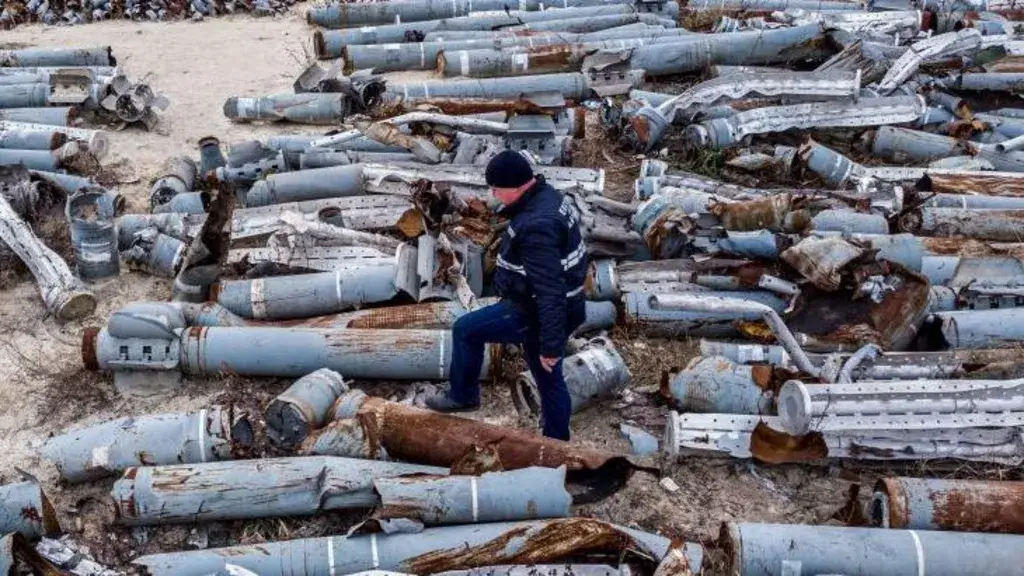India is no stranger to navigating tricky geopolitical situations. But when Reuters recently reported that Indian-made artillery shells were being transferred to Ukraine via European buyers, Delhi had a few choice words in response. In its signature diplomatic style, India dismissed the claims as “speculative” and “misleading.”
So, what’s really going on? Let’s break it down.
The Allegations
According to Reuters, artillery shells produced by Indian arms makers were being diverted to Ukraine by European customers. This has allegedly been happening for over a year, despite protests from Moscow. The report suggests that India, while maintaining a close relationship with Russia, didn’t take sufficient steps to prevent the transfer. Sounds juicy, right?
But before jumping to conclusions, it’s important to understand that India has stringent export regulations that prohibit unauthorized transfers of weapons. And India isn’t exactly thrilled with the idea that their carefully crafted arms deals might be fueling a war they’ve diplomatically distanced themselves from.
India’s Response
India’s foreign ministry was quick to clap back. Randhir Jaiswal, a spokesperson for the ministry, described the report as “inaccurate and mischievous.” He took to X (formerly Twitter) to assert that India has an “impeccable track record” when it comes to adhering to international arms trade obligations. Translation: We don’t play fast and loose with our arms deals.
In fact, earlier this year, India tightened its arms export rules even further, requiring buyers to guarantee that the weapons won’t end up in third-party hands. It’s clear India wants to stay above the fray, but it doesn’t always control what happens after the arms leave its shores.
Ukraine’s Ammunition Shortage
While India is busy denying the report, Ukraine is in the midst of a serious artillery ammunition shortage. The country is in desperate need of supplies to continue defending itself against Russia’s offensive. And while the Indian-made ammunition reportedly constitutes less than 1% of the total arms imported by Kyiv, every little bit counts when you’re in the middle of a war.
Italy and the Czech Republic are among the European nations allegedly sending Indian ammunition to Ukraine. And, according to Reuters, Moscow has not been happy about this. Russia has reportedly raised the issue with Delhi on at least two occasions, including a meeting between the foreign ministers in July.
A Diplomatic Balancing Act
India’s relationship with Russia is, to put it lightly, complicated. On one hand, Moscow is a long-time ally and a key supplier of oil and defense equipment. In fact, Russia was India’s largest oil supplier last year, and over 60% of India’s defense needs come from Russia. On the other hand, India has been walking a diplomatic tightrope since the war in Ukraine began, calling for peace and dialogue while avoiding outright condemnation of Russia’s actions.
For Prime Minister Narendra Modi, this balancing act reached new heights during his recent visits to both Russia and Ukraine. In Moscow, Modi referred to President Vladimir Putin as a “dear friend,” much to the ire of Ukrainian President Volodymyr Zelensky. Zelensky didn’t hold back, expressing disappointment that the leader of the world’s largest democracy would embrace someone he sees as a “bloody criminal.”
But diplomacy is tricky, and Modi’s trip to Ukraine shortly after his visit to Russia suggests that India is sticking to its traditional stance of non-alignment. In other words, India isn’t choosing sides—it’s trying to play both.
What’s Next?
For now, Moscow has yet to officially respond to India’s rebuttal of the ammunition transfer claims. But this isn’t likely to be the end of the conversation. As the war drags on and Ukraine’s need for artillery grows, the role of third-party arms suppliers, and the potential for unauthorized transfers, will remain a hot topic.
In the meantime, India is doing its best to remain neutral, even as the rest of the world watches closely. Whether or not this balancing act will pay off remains to be seen.
With the complexities of international diplomacy growing ever more tangled, staying informed is more important than ever. What’s your take on India’s role in this global chess game? Share your thoughts below and let’s start a conversation about the delicate dance of diplomacy and defense.

